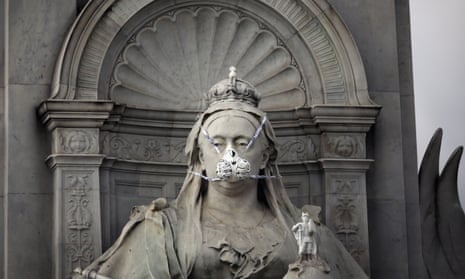The UK’s air pollution crisis would get worse if the country votes to leave the European Union, according to a new poll of environment professionals.
The UK already has levels of air pollution above legal EU limits in many cities, resulting in 40,000 early deaths a year, while ministers are currently lobbying in Brussels against lower air pollution limits.
The Institute of Environmental Management and Assessment (IEMA) polled its membership, which includes experts working for government agencies such as the Environment Agency, local authorities and large businesses, and found over half consider EU air pollution rules essential in complementing national rules, with another third saying the rules were useful.
The poll, of almost 1,200 professionals, found that 48% thought standards for UK air quality would get worse if the UK left the EU, with just 4% expecting they would improve and 42% saying they would stay the same.
The opinion of the experts contradicted comments from leading Vote Leave campaigner Boris Johnson, who said the EU made it harder for the UK to tackle air pollution.
He told an ITV referendum debate on Thursday: “Let me give you a classic example of how the EU lets us down and millions of people who are victims of air pollution. When you look at what happened with the VW scandal, that was a complete masterclass of collusion between Brussels bureaucrats, the well-paid lobbyists and the motor manufacturing industry.
“What was really going on was millions of people bought diesel vehicles on false pretences and our ability to improve our air quality was drastically reduced.”
The Guardian revealed in May that when he was mayor of London, Johnson covered up a report into the blight of pollution on schools, particularly in deprived areas. UK ministers lost a supreme court battle in 2015 which forced them to improve their plans to end illegal levels of air pollution. But the new plans are now being challenged as insufficient in a new legal action.
The former chief executive of the Environment Agency, Baroness Barbara Young, backed the views of the IEMA experts. “We know what national governments would do about air quality if left to their own devices: duck the issue just as the current UK government is doing at the moment, by arguing for less stringent limits.”
“The air knows no borders, and that is why it is important we act together,” she said. “It is no surprise that experts like members of the IEMA fear the UK leaving the EU. They know what is at stake. For the sake of our health and the health of our children, we must stay and fight for greater ambition to clean up our air.”
Martin Baxter, IEMA’s chief policy advisor, said: “Environment and sustainability professionals are overwhelmingly of the view that the UK has benefited from EU environment and climate policy, and that this has also been positive for UK business.”
“The vast majority feel that the EU policy approach is needed to complement and support national level policies in addressing air pollution,” he said. “Operating within the EU provides a policy landscape that is more stable and therefore potentially more effective over the medium to longer term. From an environmental perspective, the decision on whether the UK leaves or remains in the EU is crucial.”
Air pollution was called a “public health emergency” by a cross-party committee of MPs in April. A report from two Royal Colleges of medicine in February estimated the cost of the damage at £20bn a year.
On Thursday, the Organisation for Economic Cooperation and Development (OECD) warned that air pollution is becoming a “terrifying” problem around the globe and will get much worse in the coming decades if urgent steps are not taken.

Comments (…)
Sign in or create your Guardian account to join the discussion